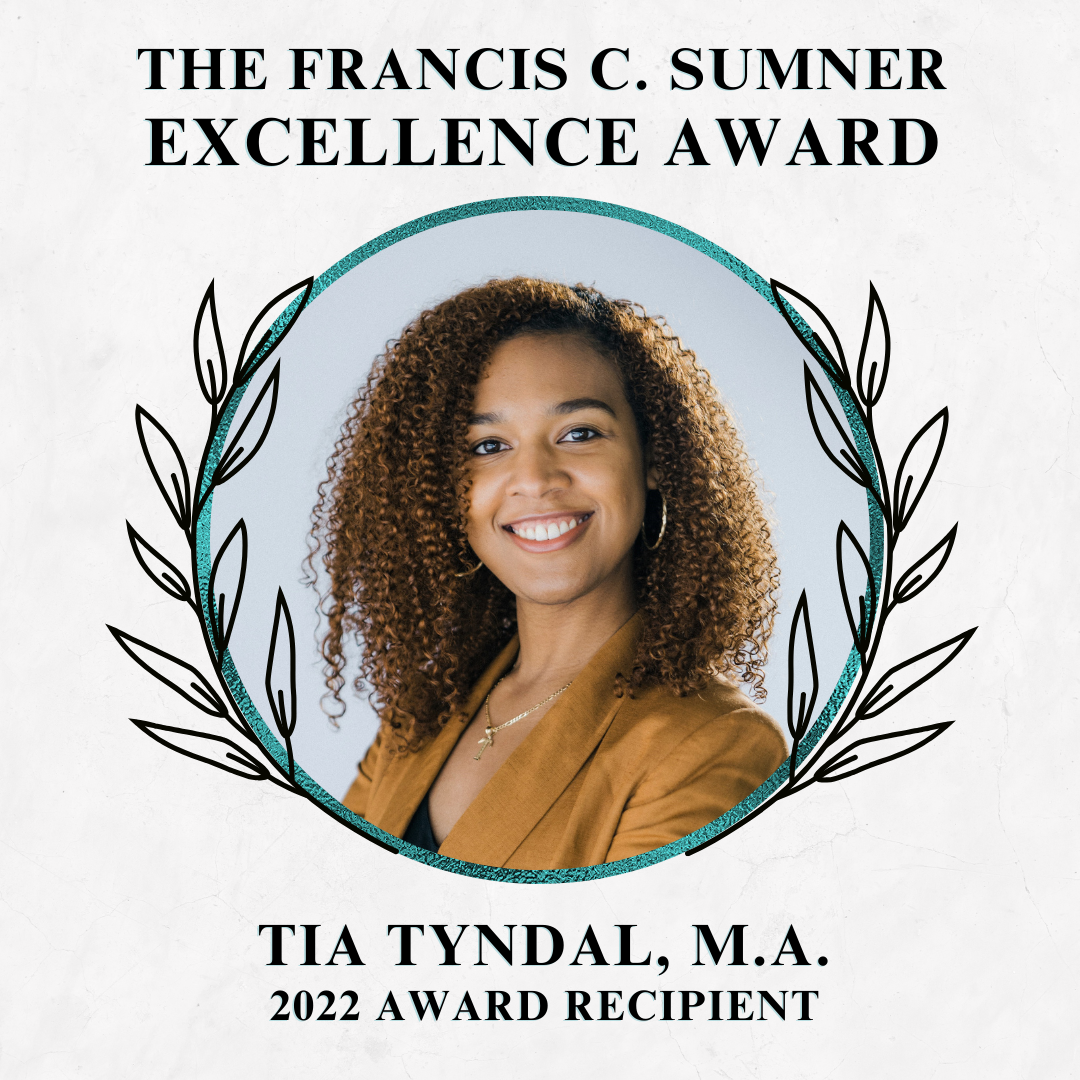Find a CBT Therapist
Search through our directory of local clinicians.
Making a Difference Today
During Black History Month, ABCT is excited to showcase individuals making an impact in the field of CBT.

Tia Tyndal, MA, (she/her) is a fifth-year doctoral candidate in the Clinical Psychology PhD program at the Catholic University of America under the mentorship of Dr. David Jobes. Her research aims to increase the accessibility of evidence-based suicide interventions for diverse and underserved populations, particularly for African American and LGBTQIA+ youth.
She has collaborated on research leveraging technology for novel research designs, such as an innovative mental health application for use in emergency departments with high suicide-risk populations, as well as helped design and implement research identifying key performance elements for suicide-specific interventions.
Previously, she worked on suicide intervention research across several sites including the Florida International University Center for Children and Families, the Nock Lab at Harvard University, and the Duke University Center for the Study of Suicide Prevention and Intervention. Tia is a McNair Scholar, a Leadership Alliance alumni, Francis C. Sumner awardee, and a Morgan T. Sammons Doctoral Student awardee. Currently, she is a Psychology Doctoral Intern at Children’s Hospital Los Angeles with a specialization in Adolescent Medicine.
She has a specific interest in suicidal and self-injurious behaviors, gender health, complex trauma, and comorbid medical and psychological diagnoses. In addition, she has served in various leadership and mentorship roles working to support and advocate for marginalized students both within and beyond her academic community.
She is the second recipient of the Francis C. Sumner award, receiving that honor in 2022.
The Francis C. Sumner Excellence Award is named in honor of Dr. Sumner, the first African American to receive a Ph.D. in psychology in 1920. Commonly referred to as the “Father of Black Psychology,” he is recognized as an American leader in education reform. The award is intended to recognize that Black and Indigenous practitioners and scholars are underrepresented in clinical psychology despite making important contributions to our field.
Check out our awards page to find out more about the Francis C. Sumner Award, as well as find out how to nominate yourself or a colleague that or one of our other ABCT Awards.
